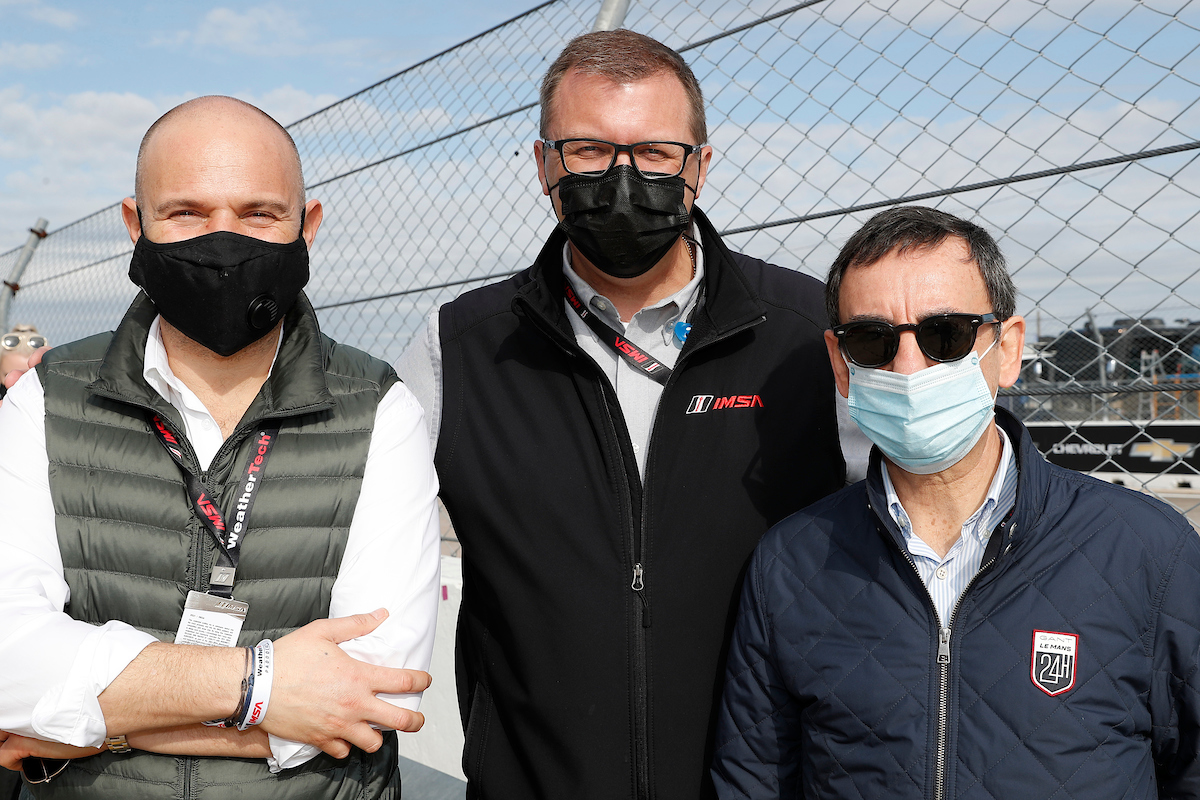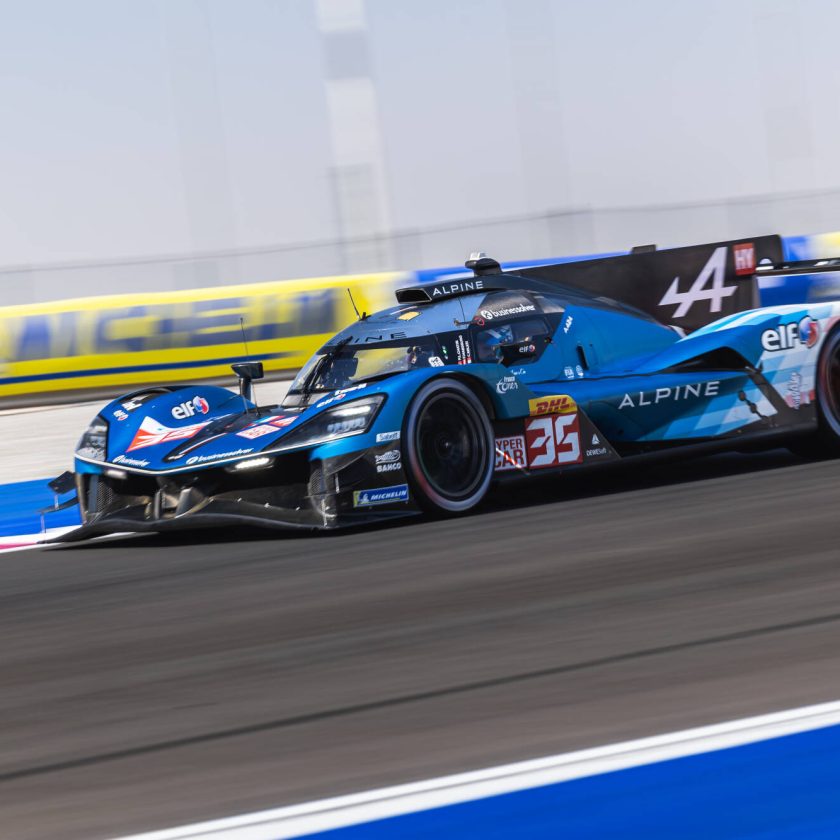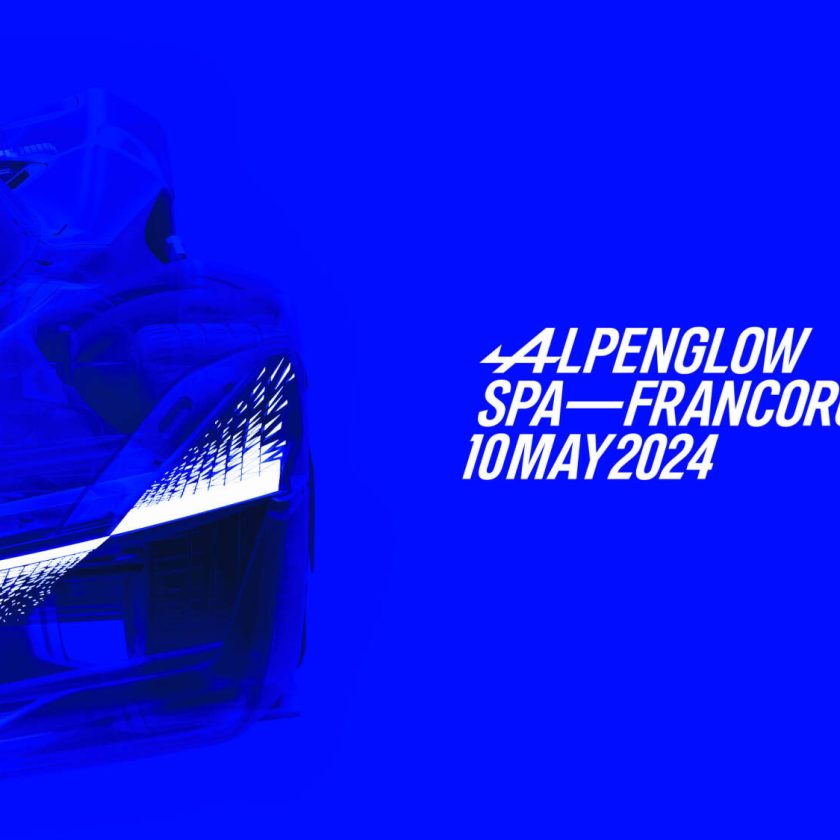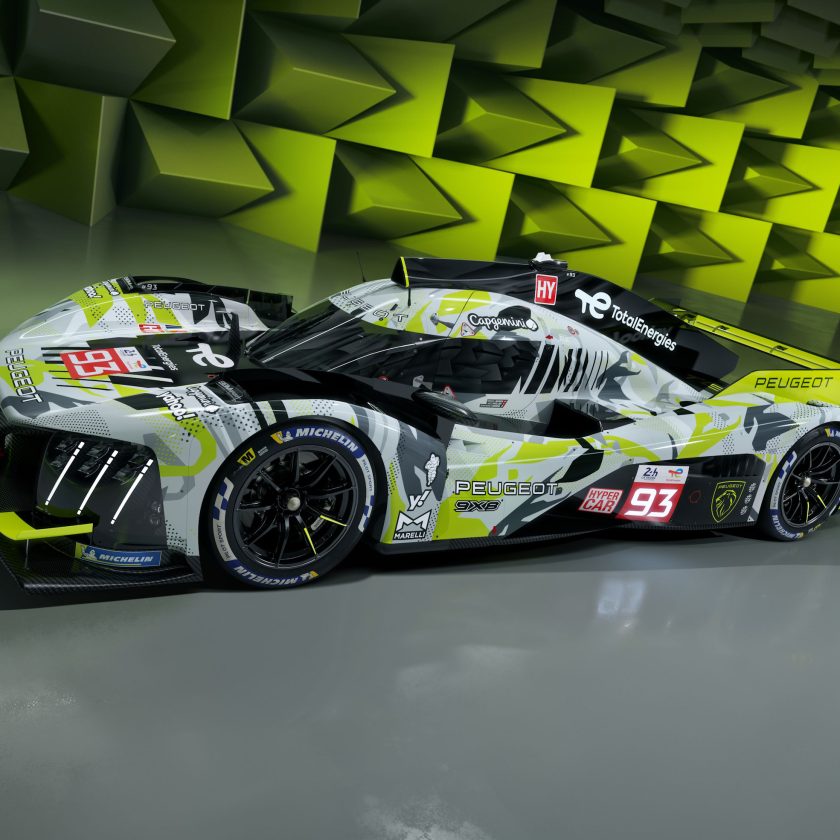Automobile Club de l’Ouest has revealed their future plans regarding the 24 Hours of Le Mans, and the FIA World Endurance Championship and the European Le Mans Series.
The cars will race on brand new, 100% renewable fuel from TotalEnergies. The French company has been the sole supplier to the series since 2018, where they took over from Shell. The fuel will contain waste products from wine production in France, and is expected to reduce the CO2 emission from the race cars by 62%.
The next big step is 2023, which is the 100 year anniversary of the 24 hours race in Le Mans. There will be a lot of celebrations prior to, during and after the race week itself. ACO will have a movie produced, that will follow all the way from 1923 to 2023, plus they have a goal of collecting all Le Mans-winning cars from 1912 to 2022, for an exhibition at the museum, that will last for a full month.
There will be two changes for 2024. The new LMP2 category will be introduced, as it was announced earlier. The cars will replace the current cars, which will have had a 7-year life span, once they are being replaced. The 2024 cars will also be the base of the new LMDh cars, which will race from 2023 onwards in the IMSA series, plus they will have access to the FIA WEC and Le Mans from the same year.

Photo Courtesy of IMSA / Michael L. Levitt
And the ACO will say goodbye to the GTE category after the 2023 season as well. The category has run as GTE Pro and GTE Am, but doesn’t have as much focus from the car manufacturers any longer – especially after the LMH and LMDh carrot is dangling in front of them. The GT category will instead consist of GT3 cars, which are still produced in huge numbers.
Those rule changes will have to be approved by the World Motorsport Council later this year, but it’s unlikely to produce any kind of issues.
There is no news regarding a potential class split. IMSA is going for a Pro and an Am split for 2022, since their GTE (GTLM) presence has been shrinking over the past couple of years.
And on the subject of IMSA. ACO and IMSA have made a new 10 year deal regarding sportscar racing, so the two organisations will continue to work together regarding classes and regulations. The tight connection started in 1999 with the American Le Mans Series, and has run ever since. There was a slight bit of collaboration prior to that, but the IMSA cars were primarily put into their own category, since the ACO wasn’t interested in IMSA stealing their thunder from their own classes and cars. Thankfully, that philosophy has changed, which was underlined with the new common LMH/LMDh project, so the top category cars can be utilized on both sides of the Atlantic.
Last but not least, it’s the plan to introduce a Hydrogen category at Le Mans in 2025. The plane was originally scheduled for 2024, but COVID-19 has halted a lot of plans – including a postponement of the LMDh and LMP2 introduction.



